When it comes to sewing, a sewing machine is an essential tool used by both professionals and hobbyists alike. But have you ever stopped to wonder what kind of stitch a sewing machine actually does? Let’s dive into the world of stitches and unravel the mystery behind the workings of a sewing machine.
The Straight Stitch
The most basic stitch a sewing machine does is called the straight stitch. As the name suggests, this stitch is a simple straight line formed by the needle passing through the fabric. This stitch is commonly used for seaming, hemming, and topstitching various fabrics and is the foundation of many other stitches.
Zigzag Stitch
Another common stitch created by sewing machines is the zigzag stitch. This stitch is achieved by the needle moving from side to side while stitching, creating a zigzag pattern. The zigzag stitch is versatile and is commonly used for finishing raw edges, creating buttonholes, and decorative stitching.
Buttonhole Stitch
One stitch that is particularly important for sewing buttons is the buttonhole stitch. This stitch is used to create a solid and secure opening for buttons. Sewing machines often offer a specific buttonhole stitch function, allowing for precise and consistent buttonhole sewing.
Blind Hem Stitch
The blind hem stitch is a specialized stitch used in hemming garments while keeping the stitches hidden or nearly invisible from the right side of the fabric. This stitch is ideal for creating professional-looking hems and is commonly used in dressmaking and tailoring.
Overlock Stitch
The overlock stitch, also known as the serged stitch, is used to finish raw fabric edges, preventing them from unraveling. This stitch is commonly seen on the edges of store-bought garments. Overlock stitches are usually created by a serger or an overlock sewing machine.
Conclusion
Sewing machines offer a wide range of stitches to cater to various sewing needs. From the basic straight stitch to specialized stitches like the blind hem or overlock stitch, each stitch contributes to creating beautifully sewn projects. Understanding the different stitches available and their applications empowers sewists to take on diverse sewing projects and unleash their creativity.
If you’re interested in learning more about sewing and the different stitches a sewing machine can do, check out our Sewing 101 guide for comprehensive tutorials and tips.
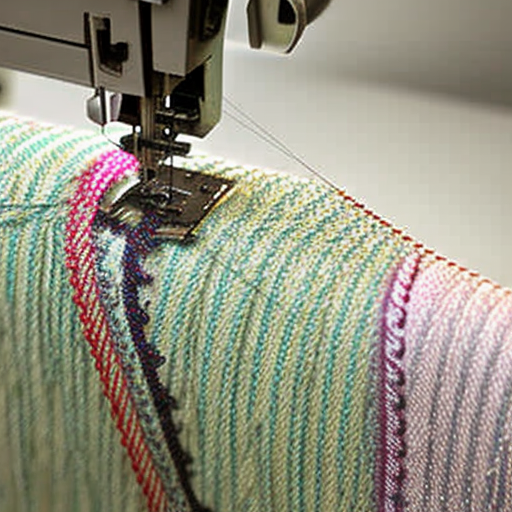
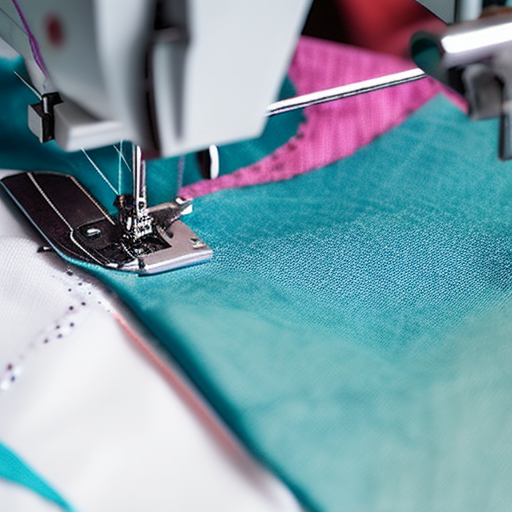
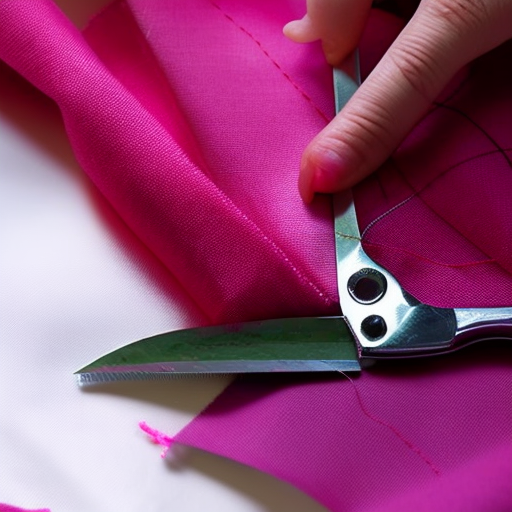
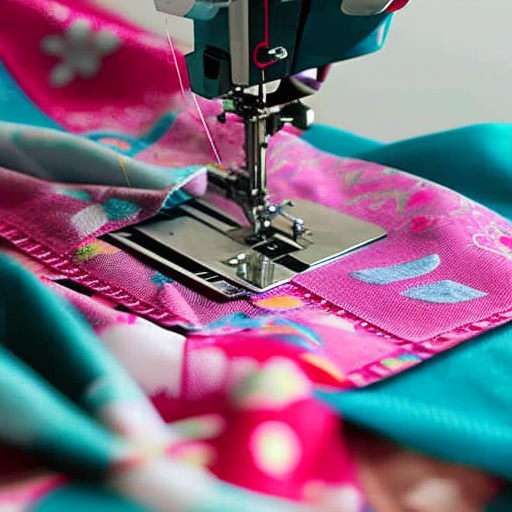
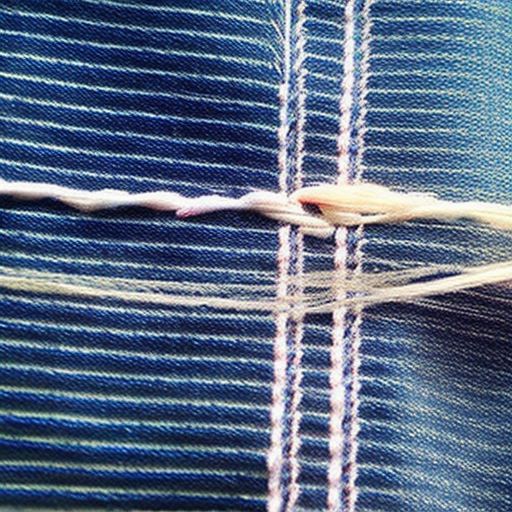
Looks like an interesting post!
#A sewing machine usually creates a ‘lock stitch’ which consists of two threads; the upper thread from the spool and a lower thread that loops around the bobbin.